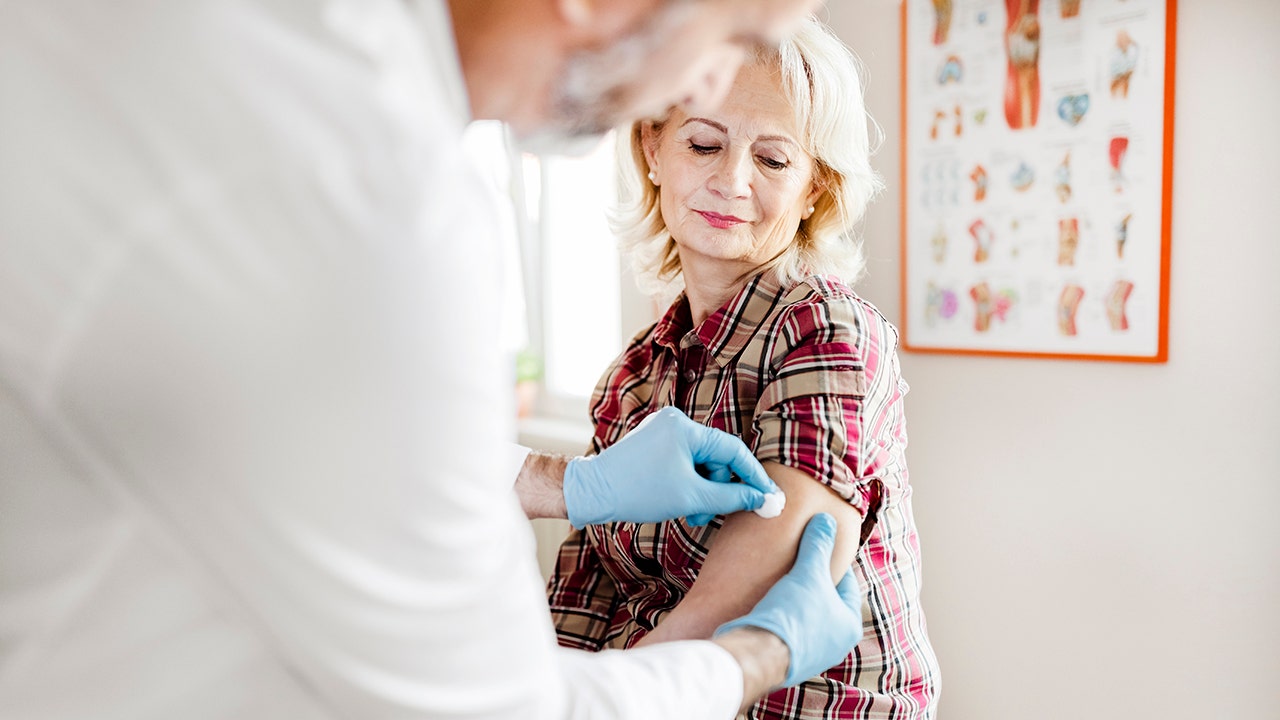Research shows link between shingles vaccine and lower dementia risk

A recent study conducted by Stanford Medicine, published in the journal Nature, has strengthened the link between the zoster vaccine and a lower risk of dementia. The researchers found that the vaccine, which is primarily used to prevent shingles, could reduce the likelihood of a new dementia diagnosis by approximately 20% over the following seven years.
The researchers noted in the study that if these findings are proven to be causal, the zoster vaccine could be significantly more effective and cost-effective in preventing or delaying dementia compared to existing pharmaceutical interventions. This discovery supports the emerging theory that viruses affecting the nervous system may increase the risk of developing dementia.
Senior study author Dr. Pascal Geldsetzer, assistant professor of medicine at Stanford, described these findings as “hugely important” for clinical medicine, population health, and research. The study utilized multiple data sets to establish a link between the zoster vaccine and a reduced risk of dementia.
The randomized trial took advantage of the unique rollout of the zoster vaccine in Wales, UK, in 2013. Individuals who turned 80 years old before the program’s start date were deemed ineligible for the vaccine, while those who turned 80 just after the start date were eligible for at least one year. This setup allowed for a comparison between vaccinated and unvaccinated groups with minimal differences in characteristics.
The study found that women derived more benefits from the vaccine in terms of reduced dementia risk than men. The researchers also discovered a similar protective effect of the shingles vaccine for dementia in various populations and countries that implemented the vaccine rollout in a comparable manner.
To further confirm the link between the zoster vaccine and a lower risk of dementia, Geldsetzer suggested conducting a clinical trial. He is currently seeking funding to carry out such a trial, focusing on the live-attenuated vaccine that has shown promising results in the study.
Dr. Mark Loafman, a family physician, commented on the study, emphasizing the importance of distinguishing between association and causation in research findings. He highlighted the study’s rigorous methodology in excluding confounding factors that could skew the results, indicating a genuine protective effect of the vaccine against dementia.
Loafman also pointed out the two plausible mechanisms through which the vaccine could reduce the incidence of dementia, including the ability of the herpes virus to lie dormant in the nervous system and the neuroprotective properties associated with live-attenuated vaccines like the zoster vaccine.
In light of this research, Loafman expressed his intention to recommend the shingles vaccine to his eligible patients, friends, and family members. He emphasized the significance of these findings in reinforcing the importance of vaccination in preventing not only shingles but also potentially reducing the risk of developing dementia.
Overall, the study’s findings provide compelling evidence of the beneficial effects of the zoster vaccine in lowering the risk of dementia, underscoring the potential impact of preventive measures in maintaining brain health.




